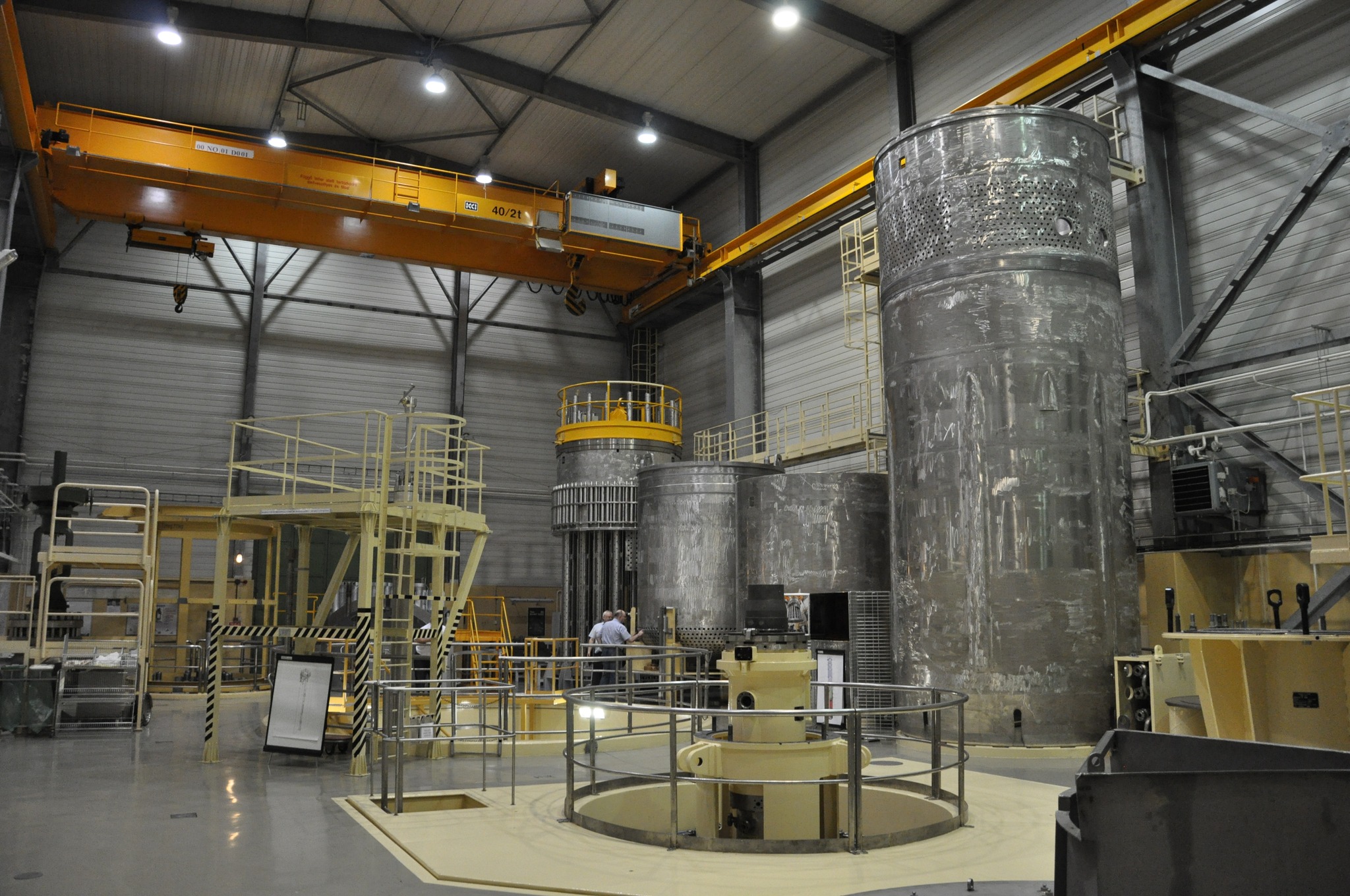International cooperation in support of the Paks II project may be in itself a guarantee that a safe facility will be delivered.Continue reading

A new shipment of nuclear fuel elements has arrived from Russia, this time again via the southern route through Bulgaria and Romania. This is the third shipment this year, hence the operation of the Paks nuclear power plant is guaranteed for the future, Minister of Foreign Affairs and Trade Péter Szijjártó announced in Budapest.
The minister stressed that nuclear energy makes an extraordinary contribution to Hungary’s security of supply, as half of the electricity generated in Hungary is produced in Paks, thus covering about one third of the country’s total electricity consumption.
He emphasized that the higher the share of nuclear energy in the national energy mix, the more everyone can rest assured,
as it allows independence from the “totally irrational” price movements on the international market.
In this context, he said it was good news that a third shipment of nuclear fuel had arrived at the Paks plant this year, this time via the southern route. This means that the fuel was transported from Russia via the Black Sea to Bulgaria, and from there it arrived in Hungary by rail, through Bulgaria and Romania, under rather strict safety conditions.
Szijjártó highlighted that the fuel is now in Paks awaiting its future use. “From the point of view of the operation of the Paks nuclear power plant, we have a reassuringly long period of time for the fuel to be available on site,” he said. The minister added that
the fuel will continue to be delivered in accordance with the contracts, guaranteeing the safe and predictable operation of the Paks nuclear power plant.
Szijjártó described the cooperation with the Russian partners as excellent, both in terms of the quality of the fuel delivered and the timing of the contract.
In addition, cooperation between the two countries also extends to the Paks expansion, as back in 2014, Russia’s Rosatom signed a EUR 10 billion loan agreement to finance the construction of two new Paks units. Sziijártó noted that the progress of the works shows that the new units will be operational by 2030.
“If I see it right, other Central European countries – despite serious Western enticements – also continue to work with the Russian fuel supplier,” he said. In this context, he concluded with the idea that
nuclear energy is an area where neither politics, geopolitics, nor sanctions have any place.”
Via MTI, Featured image via Facebook/MVM Paksi Atomerőmű Zrt.